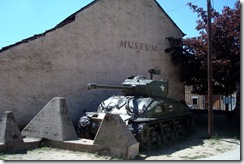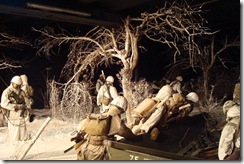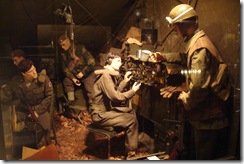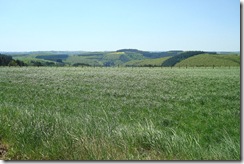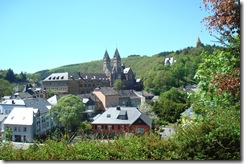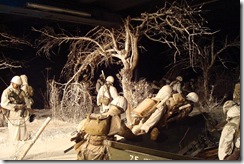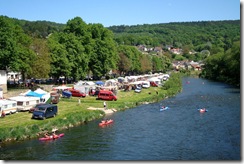Dealing with Feeling
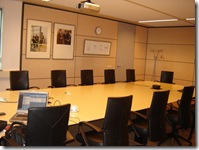 The support group supervisors must have been looking over my shoulder this morning; they found me today to ask why I had stopped coming to the group meetings.
The support group supervisors must have been looking over my shoulder this morning; they found me today to ask why I had stopped coming to the group meetings.
I admit to feeling culturally and linguistically outside the process, but I accept the point that it sends the wrong message when a leader decides not to attend the discussions. So, despite misgivings, I'll plunge back in.
What are the concerns about the company's transition that I need to be ready to talk about in a support group meeting? Gaining acceptance that the fight for the company is over, suppressing frustration and sadness about not being able to help the people working for me, and getting past worrys about whether the support for my assignment will be abruptly terminated. I want to avoid the resulting stress, but I already know that retreat into large open spaces is restorative, helping me to get distance and perspective. It's still hard to be patient and to allow time rather than action to resolve future uncertainties, but I'm gradually finding my way to accept that course for now.
So I feel like I'm adapting and coping well.
With regard to dealing with the emotions surrounding the event, I accept and understand the feelings and I've been addressing them constructively: Outward displays of anger or grief aren't my style and don't seem necessary or helpful. I've already talked about other alternatives with people in the past couple of days. Writing is helpful, especially since I couldn't write about things in the months leading up to the event. 'Change of scenery' can be. Having the occasional opportunity to talk it through matters more than I thought it would.
And, at some point, it will be nice to have the uncertainties removed and some freedom to take positive actions again.
Okay, re-centered, off to the meetings...
Labels: Cross-Cultural Contrasts, Dutch Life, Dutch Manners, Personal reflections
